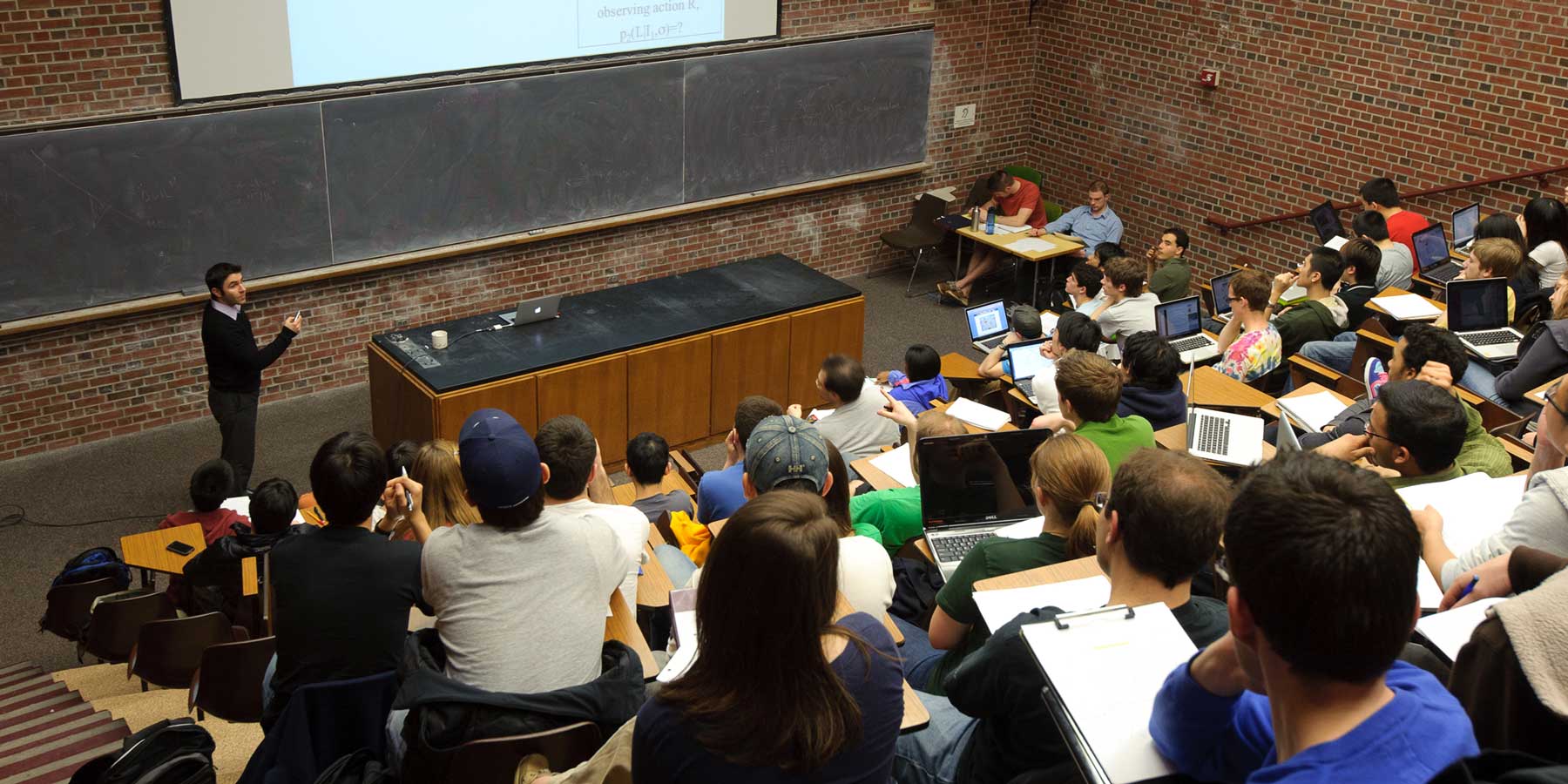Read around groups are a great way to support peer review in your classroom in an non-traditional way. This activity helps students develop their vocabulary for discussing and critiquing writing, and solidifies ideas about what good writing looks like. Consider using this method in your classroom to engage your students in more dynamic peer review!

